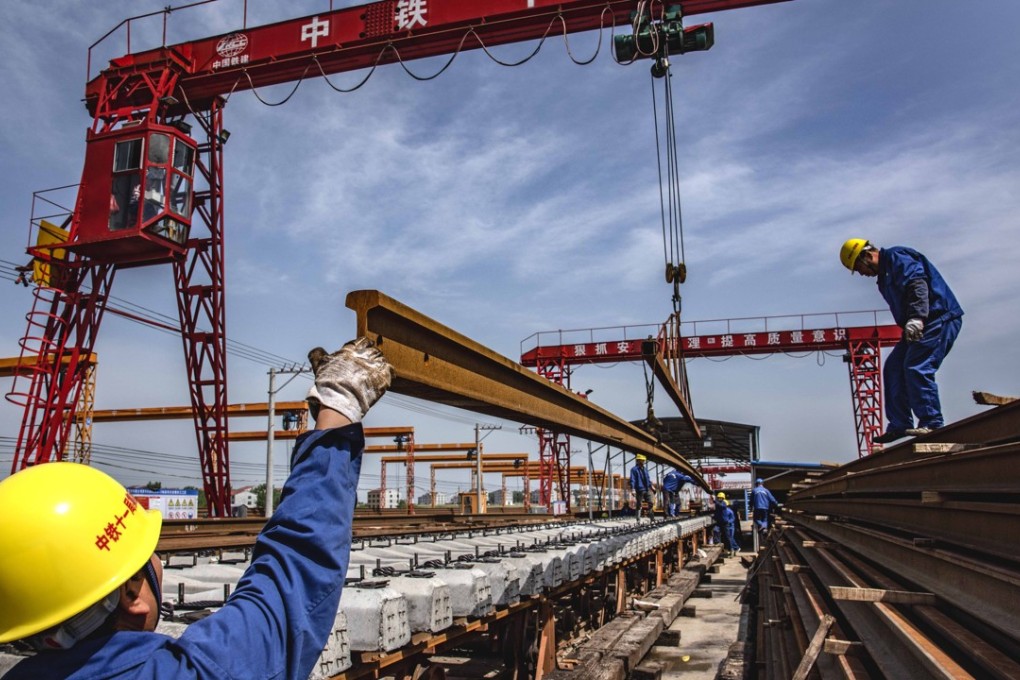Hong Kong stocks retreat as China’s data misses projections and Sunny Optical plunges
The Hang Seng Index has fallen 3pc in the past three days

Hong Kong’s stocks dropped for a third day, as a key set of China’s economic data trailed estimates and Sunny Optical Technology Group slumped the most on record after reporting earnings that missed analysts’ projections.
The Hang Seng Index sank 0.7 per cent at the close on Tuesday, capping a three-day, 3 per cent decline. The mainland’s Shanghai Composite Index fared better, finishing the day with a loss of 0.2 per cent.
China’s weak economic data further weighed on the already fragile market sentiment that was earlier buffeted by a crash in the Turkish lira. July figures on industrial output, retail sales and fixed-asset investment released by the statistics bureau on Tuesday morning all missed the economists’ estimates surveyed by Bloomberg. Aggregate financing and money supply announced by the China central bank a day earlier also failed to convince investors that the economy was already underpinned by easier funding.
“The weak sentiment on the market will linger as the fundamentals of the economy are pretty poor, particularly the fixed-asset investment that decelerated a lot,” said Ken Chen, a strategist at KGI Securities in Shanghai. “That’ll unnerve investors particularly at a time of the Turkish crisis and the prolonged trade war between China and the US.”
The Hang Seng Index fell 183.64 points to 27,752.93 at the close. The Hang Seng China Enterprises Index, or the H-share gauge, slid 0.2 per cent.
Sunny Optical, China’s biggest maker of smartphone camera modules and lenses, plunged 24 per cent to HK$91.90, the steepest decline since its listing in 2007. The company was the worst performer on the Hang Seng Index on Tuesday, accounting for more than a third of the benchmark’s decline.
The weak sentiment on the market will linger as the fundamentals of the economy are pretty poor, particularly the fixed-asset investment that decelerated a lot